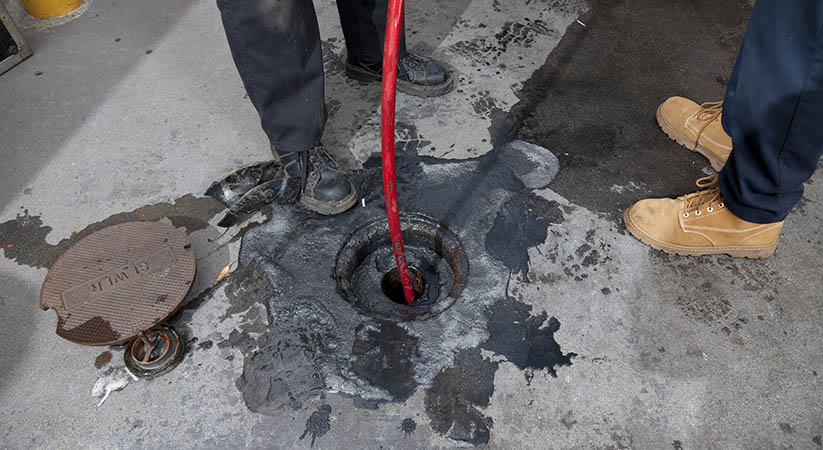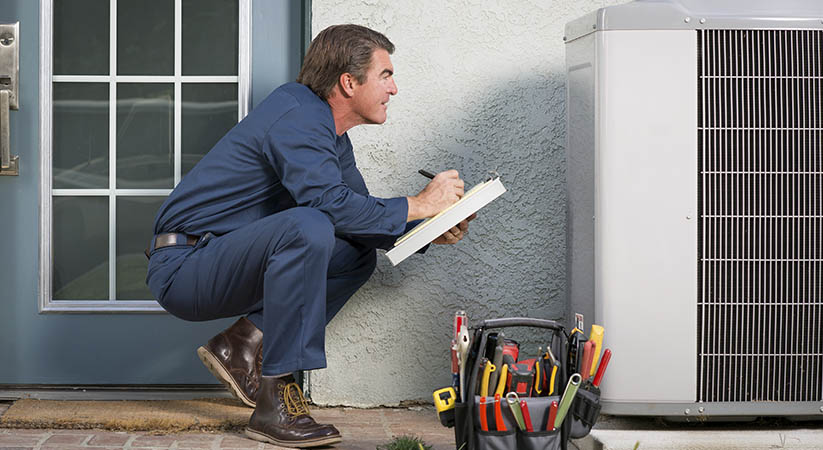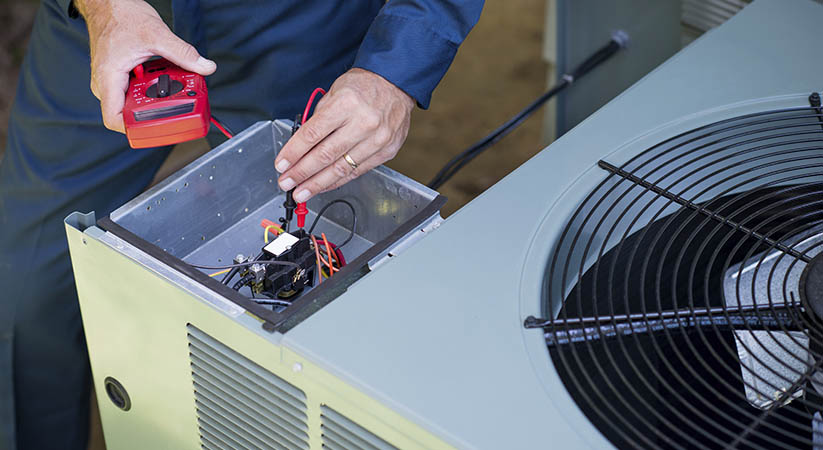According to drain contractors, the septic system is one of the most important systems if you live in rural areas or in areas that aren’t covered by the municipal sewer line. One of the most effective ways of maintaining the system is by undertaking regular inspections.
Types of septic system inspections
There are mainly two types of inspections that you can perform to your system: visual and full inspection. Visual inspection is done by a home inspector. During the inspection, the professional goes through all the toilets to ensure that they flush and there aren’t visible leaks.
Here, the professional doesn’t open up the septic tank. Due to this, the inspections are limited. As a result, you are unable to detect any major problems that your system might be having. This means that you don’t fix any of the major issues that your system might be having.
From its name, the full inspection is more complete. During the inspection, you open up the septic tank and try to identify even the most minor issue that might be there.
The inspection professional digs four holes, one on each end of the tank and two in the absorption area. If any water is detected in the holes, you need to maintain the system. The role of the two holes that the professional digs up in the absorption area is to allow inspection of the stones.
In the event you notice a discoloration of the stones, it means that your system is failing and you need to repair it. If the damage is extensive, you will have to replace it.
The inspection also involves the inspection of the fluid level of the tank. This is to ensure that the tank isn’t leaking or overfull. If the water level is normal, most of the professionals introduce water to ensure that it’s flowing properly. The contractors ensure that the water is flowing properly from the house to the tank or from the tank to the absorption area.
Finally, the contractors check the flow of water from the house to the tank and ensure that everything is properly connected and there are no blockages.
Once the contractors have undertaken septic tank inspection, they make a detailed report about the condition of the septic system, make the necessary septic system diagram with the measurements, and make recommendations of the necessary repairs and maintenance.
What should you expect during the inspection?
In addition to the above-mentioned steps, you also should expect the professionals to pump out the entire tank during the inspection. The only situation when the professionals won’t pump out the tank is when you have a recently pumped out tank that is clean without any solids.
You also should expect the contractor to ask a number of questions during the inspection. In most cases, the questions surround the usage of the tank. How you have been using the tank, how you have been maintaining it, among many other questions.
Why should you inspect your septic system?
There are plenty of benefits that come with inspecting your septic system. These benefits include:
Promoting better performance: It’s obvious that when you inspect your system regularly you are able to identify even the most minor issues as early as possible. This keeps your system functioning optimally.
During the inspection, when the contractors identify even the minutest problem, they fix it which prevents permanent damage to your system. As you might expect, when there is no damage to your system, the system runs better which increases its lifespan.
You avoid emergencies: When you schedule regular inspections you are able to catch sewer problems before they get worse. Of course, many contractors will fix them before they lead to an emergency. In addition to this giving you peace of mind as you know that your system can’t grind to a halt, it also saves you money as you don’t have to hire an expensive sewer professional to fix a problem in the middle of the night.
You understand the system better: When you regularly open up the system, you understand it better. You know all the parts, their weakness levels, how often you should pump out the tank, among many other things. For you to get the most from the practice, you should hire experienced drain cleaning services providers to help you out.



